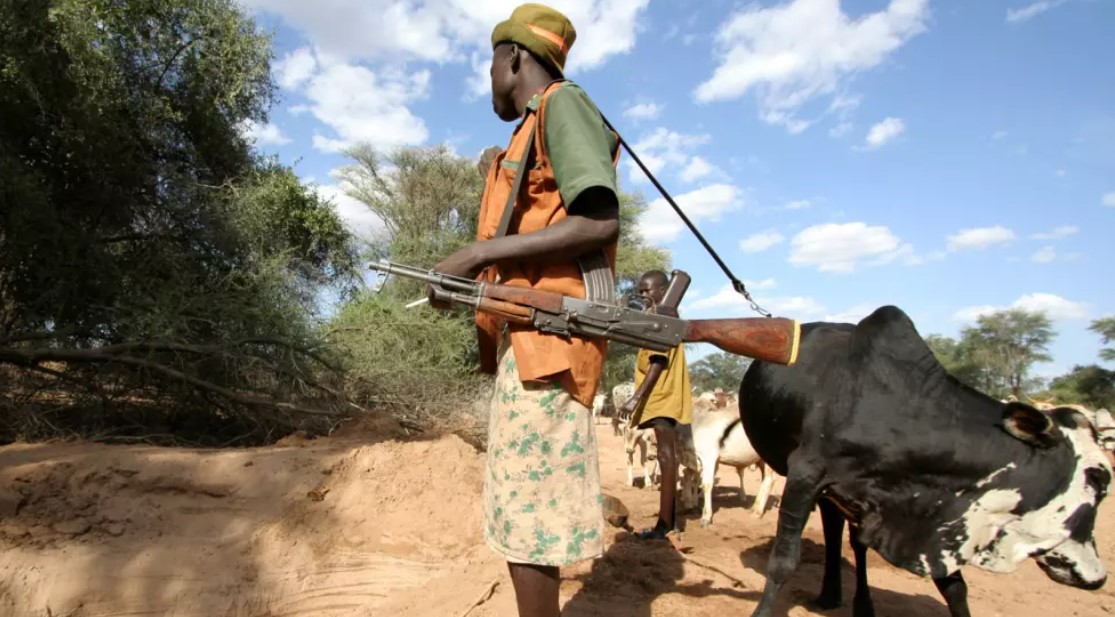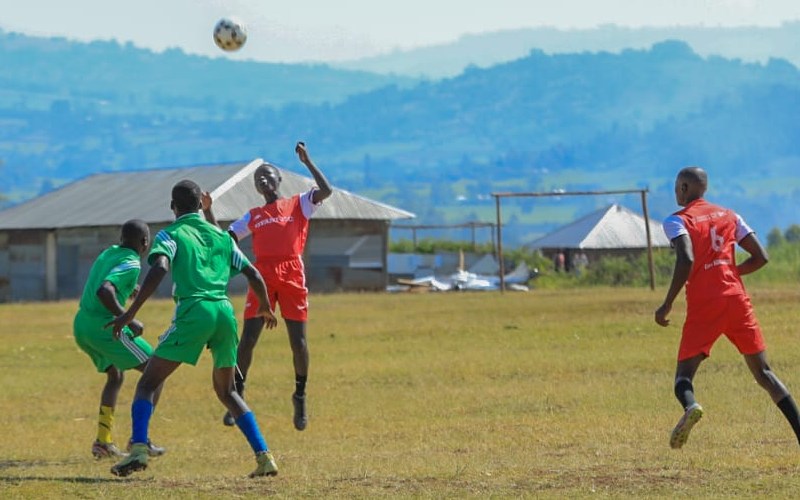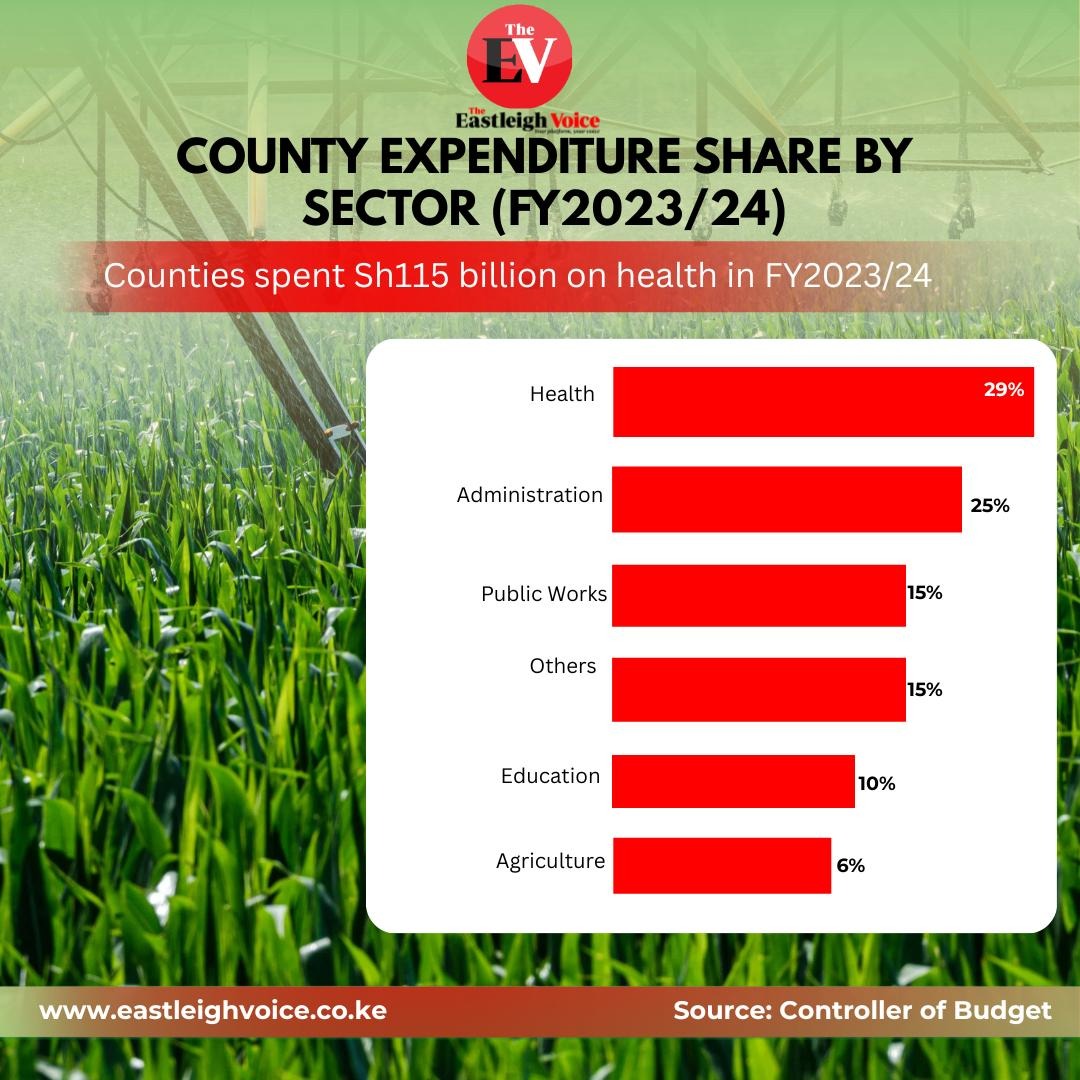Hope for pastoralists as bill cushioning their livestock from drought heads to public participation

If approved by Parliament and signed into law by the President, it will be a relief to livestock farmers who, nearly every year, incur losses due to droughts and floods.
More To Read
- CS Kagwe announces policy overhaul for sugar, tea and miraa to protect farmers’ earnings
- Factory farming in Africa: Development banks see it as a good idea, but it’s bad for the climate
- AU calls for rapid tech adoption in farming to shield continent from food crises
- CS Kagwe urges bold reforms in agriculture sector as Intergovernmental Agriculture Forum opens in Naivasha
- Kenya wants China to remove tariffs on coffee, tea, avocados as trade imbalance persists
- City Hall moves to recognise urban farmers in policy review
Pastoralists and farmers may soon benefit as the Senate decided to subject the Livestock Production and Sustainability Bill, 2024, to public participation, moving it closer to becoming law.
The Livestock Bill 2024 represents a significant advancement in regulating and developing the country's livestock sector. The bill will ensure a robust and sustainable livestock sector by addressing critical areas such as policy, regulation, incentives, training, research, and disaster management.
A notice in one of the dailies on Monday stated that through its Clerk, Jeremiah Nyegenye, the Senate is encouraging the public to voice their opinions about the bill.
"The primary goal of the bill is to protect livestock from adverse conditions, particularly drought, and to establish sustainable practices to alleviate the effects of such conditions on livestock farmers," reads part of the notice.
The Clerk of the Senate advises submitting views or memoranda to his office via postal mail or e-mail. Additionally, the Senate Agriculture Committee, under the leadership of Kirinyaga Senator James Murango, should receive copies of the submission.
Members of the public therefore have up to Tuesday, August 27, 2025, to submit their views on the bill. If the bill becomes law, livestock farmers will no longer suffer significant losses from drought and other risks that result in animal deaths.
The bill provides for the creation of a fund to cushion farmers against losses. The Fund manages strategic livestock feed reserves and provides grants to livestock owners for emergency interventions.
"The principal aim of this bill is to provide a legal framework that promotes the livestock sector's resilience in the face of drought and other associated risks, emphasising both protection and sustainable development," the Bill states.
"A county where livestock farming significantly contributes to the local economy shall establish, through county legislation, a fund to be known as the County Livestock Enterprise Development Fund."
The proposed law, sponsored by Samburu Senator Steve Lelegwe, has been published and is currently awaiting introduction in the Senate for its first reading.
 A file picture of the Merille livestock market in Marsabit County. (Photo: ACDI/VOCA)
A file picture of the Merille livestock market in Marsabit County. (Photo: ACDI/VOCA)
If approved by Parliament and signed into law by the President, it will be a relief to livestock farmers who, nearly every year, incur losses due to droughts and floods.
In previous years, floods have carried away animals from various parts of the country, particularly in the northeast.
Pastoralists and livestock owners will receive loans to restock after drought losses, as well as loans to medium and small enterprises.
The bill's structure addresses the multifaceted challenges faced by livestock farmers and ensures the sector's sustainable growth.
Additionally, the bill provides that the Cabinet Secretary in charge of Agriculture shall, in consultation with the Council of Governors, develop a standard criterion for determining the significance of livestock farming to a country's economy.
The CS shall develop and maintain a feed risk management system that collects and stores data from various sources while maintaining a centralised database.
The proposed law also establishes the National Livestock Feeds Reserve, which shall constitute a physical stock of fodder held in the form of warehouse receipts and its cash equivalent.
During droughts, the reserve will provide an emergency feed supply for livestock farmers and mitigate the effects of food shortages and price volatility.
It will also encourage the efficient and sustainable use of feed resources, as well as the storage of livestock feed products during times of oversupply.
"The Cabinet Secretary may, by notice in the Gazette, declare types of livestock feeds to be a Feeds Reserve Commodity for purposes of this Act."
A county executive committee member responsible for livestock shall develop and implement strategies for the protection of animals from diseases, disasters, and other potential threats.
Top Stories Today










































